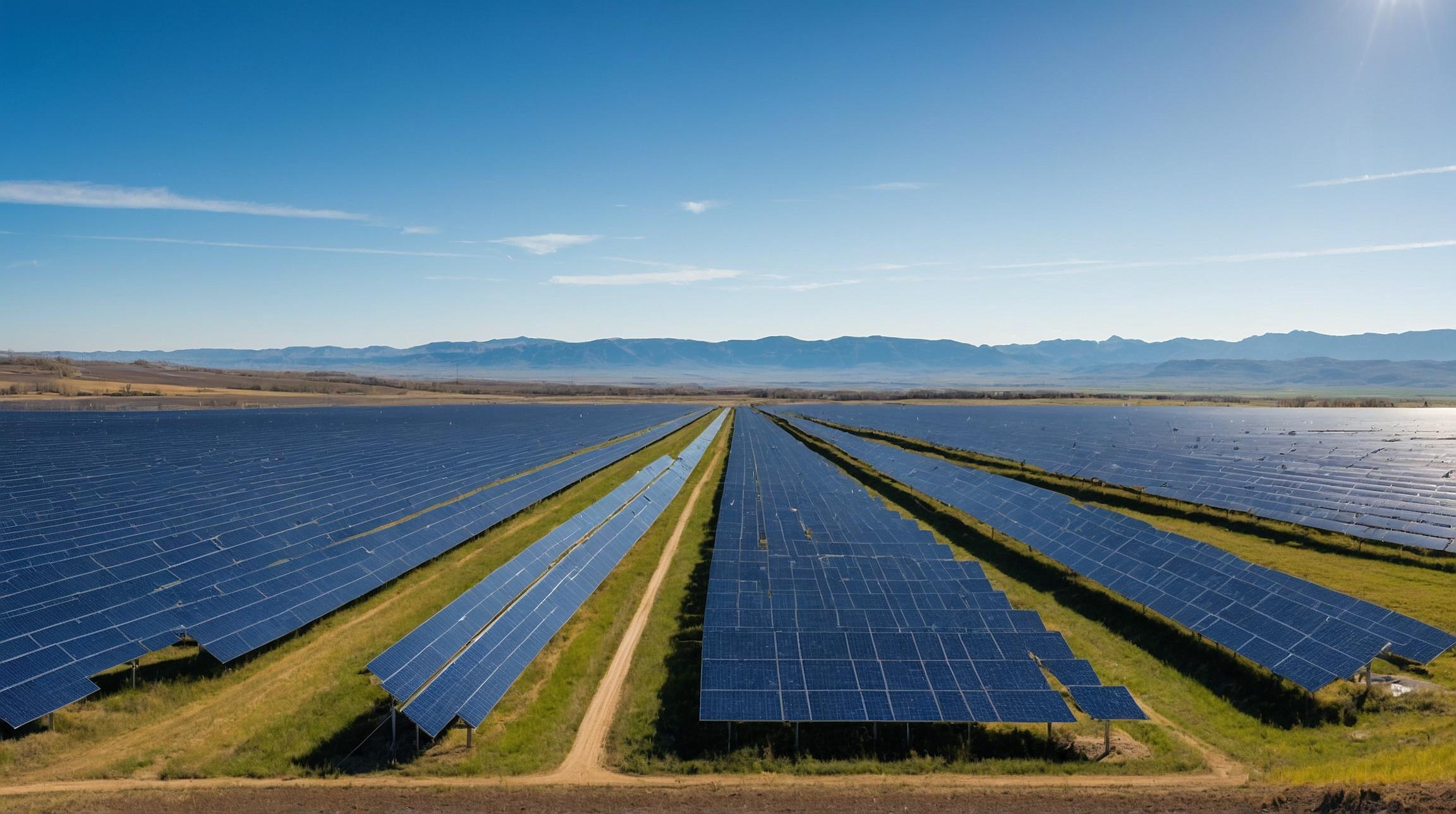Could AI Sway the 2024 Election? Here’s What’s Being Done Nationally to Stop Deepfakes
As the 2024 election approaches, concerns are mounting about the potential influence of AI-generated deepfakes on the outcome. Experts warn that just a small shift in votes could have a decisive impact in an already closely contested election.
Deepfakes, which are digitally manipulated videos, images, and audio, can convincingly mimic the appearance, voice, and actions of political candidates and election officials. The issue at hand is whether these deepfakes intentionally or inadvertently mislead voters about crucial information related to the elections.
Currently, there are no federal laws against deepfakes, but several states have taken steps to restrict their use in political communications. Five states, including Minnesota, Michigan, California, Washington, and Texas, have already implemented laws to regulate AI in politics. Since January, over 30 states have introduced more than 50 bills aimed at regulating deepfakes in elections, focusing on disclosure requirements and bans.
Minnesota, for example, passed a bipartisan bill in 2023 that criminalizes various forms of deepfakes used to sway elections within 90 days of the voting day. The bill imposes penalties ranging from fines to five years in prison for creating and disseminating these deceptive AI-generated materials.
Similarly, Colorado and New Hampshire have proposed bills that would require disclosure of AI usage in political advertising and prohibit deepfakes or deceptive AI within 90 days of an election unless full disclosure exists.
Hawaii is considering legislation that would task the Hawaii Campaign Spending Commission with investigating and penalizing individuals responsible for AI-generated misinformation. The proposed bills in Hawaii aim to ensure AI disclaimers in political materials and authorize penalties for violations within the 90-day window leading up to an election.
In California, Assemblymember Gail Pellerin introduced a bill that would ban “materially deceptive” political deepfakes. The bill, known as the California AI Accountability Act, would also require state agencies to notify users when interacting with AI.
The issue of deepfakes and AI in elections is not limited to these states alone. Nebraska, Virginia, and other states have also seen legislative efforts to address the challenges posed by AI technology. Virginia’s legislature, for instance, is working with Governor Glenn Youngkin to establish a task force to assess the impacts of deepfakes, misinformation, and data privacy implications.
Experts and advocates argue that 2024 could become the first deepfake election cycle, where AI-generated content influences voters and election results. The advancements in AI technology have made it increasingly difficult for the average person to discern deepfakes from reality.
While some argue it may be too late to contain the influence of AI in elections, others believe that strong legislation is crucial. According to Ashley Casovan, the Managing Director of the International Association of Privacy Professionals Artificial Intelligence Governance Center, understanding the use of AI technology and implementing mitigation measures through hard legislation is essential.
As the 2024 election looms, the battle against AI-generated deepfakes continues. States across the nation are taking steps to restrict their use and ensure transparency in political communications. Whether these efforts will be sufficient to prevent the sway of AI in elections remains to be seen.
Analyst comment
Positive news: Several states have introduced legislation to regulate AI-generated deepfakes in elections, aiming to ensure transparency and penalize those responsible for spreading misinformation. The battle against AI-generated deepfakes is ongoing as the 2024 election approaches.
Short analysis: The introduction of legislation in various states demonstrates the recognition of the potential influence of deepfakes on election outcomes. While the measures taken may not completely prevent the sway of AI in elections, they are a step towards transparency and accountability in political communications.













